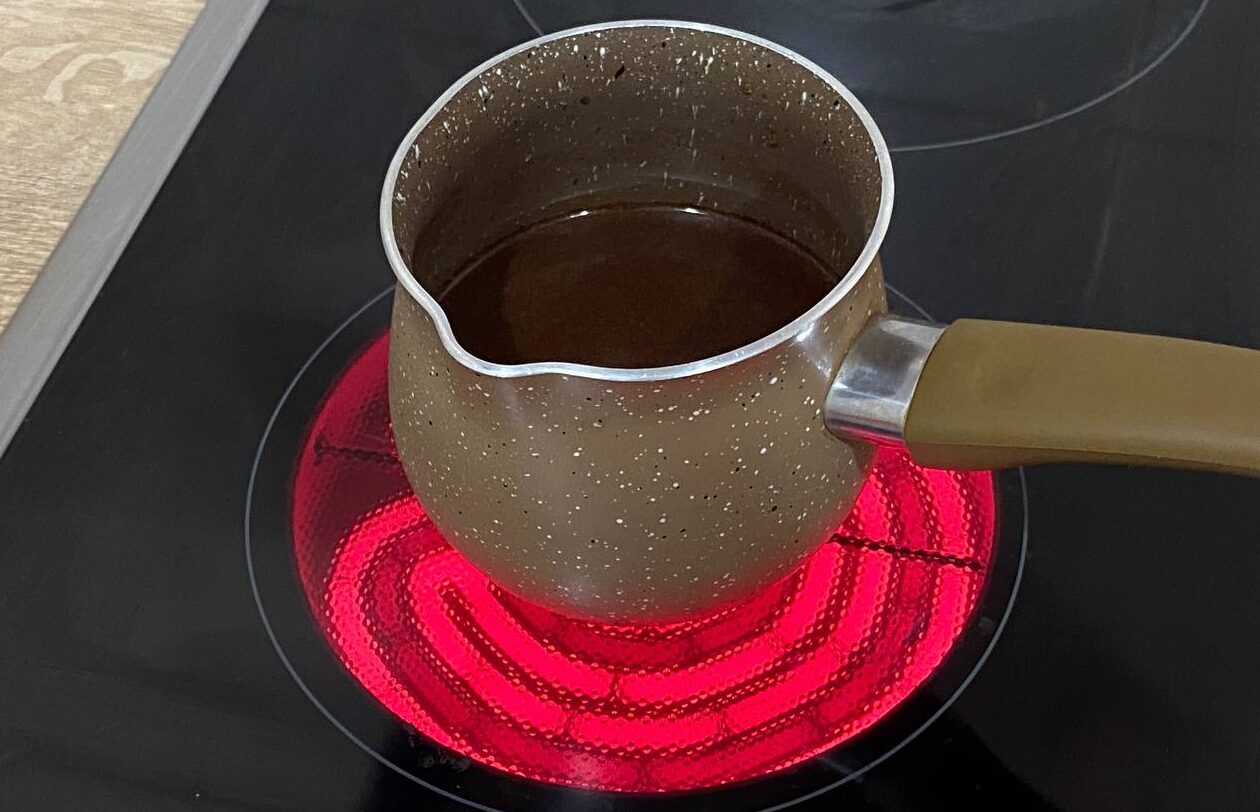How to Make Turkish Coffee
Turkish coffee is a traditional brewing method that uses finely ground coffee in a special pot called a cezve. This method, known for its rich, dense flavor, involves brewing without filtration and at high temperatures. In 2013, the cultural heritage of Turkish coffee was recognized by UNESCO, highlighting its importance to global coffee culture.

Choosing the Coffee
Turkish coffee often blends robusta and arabica beans, balancing the bold bitterness of robusta with the smoother taste of arabica. In Turkey, where this method originated, many cafes serve this blend to create a distinctive flavor profile.
For the best results, we recommend using pure arabica. This is the choice of many well-known Turkish coffee brands, such as Mehmet Efendi, which uses high-quality arabica beans sourced from Central and South America.
Grind Size
The key to great Turkish coffee is an extremely fine grind. The coffee should be as fine as powder, which is difficult to achieve with most manual grinders. In fact, a blade grinder can work for Turkish coffee, one of the few methods where it’s effective.
If you prefer a manual grinder, look for a model specifically designed for fine grinding, like those from Sözen. Alternatively, 1Zpresso grinders are also known to grind beans fine enough for Turkish coffee, as advertised by the manufacturer.
Dosage
The amount of coffee you need depends on the size of your cezve. To determine the correct dosage, fill the cezve with water up to the point where the neck begins to narrow. For instance, if your cezve holds 200 ml, use about 100 ml of water for brewing. The ideal coffee-to-water ratio is 1:10, so for 100 ml of water, you’ll need 10 grams (0.35 oz) of finely ground coffee.
Brewing Turkish Coffee: Step-by-Step
- Place the freshly ground coffee into the cezve.
- Slowly add the water. The recommended water temperature is 60°C (140°F) for a balanced flavor. If you prefer, you can use room-temperature water, but make sure the brewing process still takes around 2-2.5 minutes.
- If you like, add sugar or spices, such as cinnamon, at this stage. We recommend enjoying Turkish coffee plain to savor its true richness.
- Mix the coffee and water thoroughly to eliminate any clumps.
- Place it on the stove. Do not stir or shake the cezve while it’s heating.
- Cook the coffee for 2-2.5 minutes. As soon as the foam begins to rise, remove the cezve from the heat. Avoid letting it come to a full boil.
- Pour the coffee slowly into a cup, holding the cup at an angle to preserve the foam.
- Allow the coffee to sit for 2 minutes before drinking, letting the grounds settle at the bottom of the cup.
Final Note
While brewing with water at 60°C can create a more balanced flavor, using room-temperature water is also an option. Just make sure the overall brewing time remains within the 2-2.5 minute range for the best results.